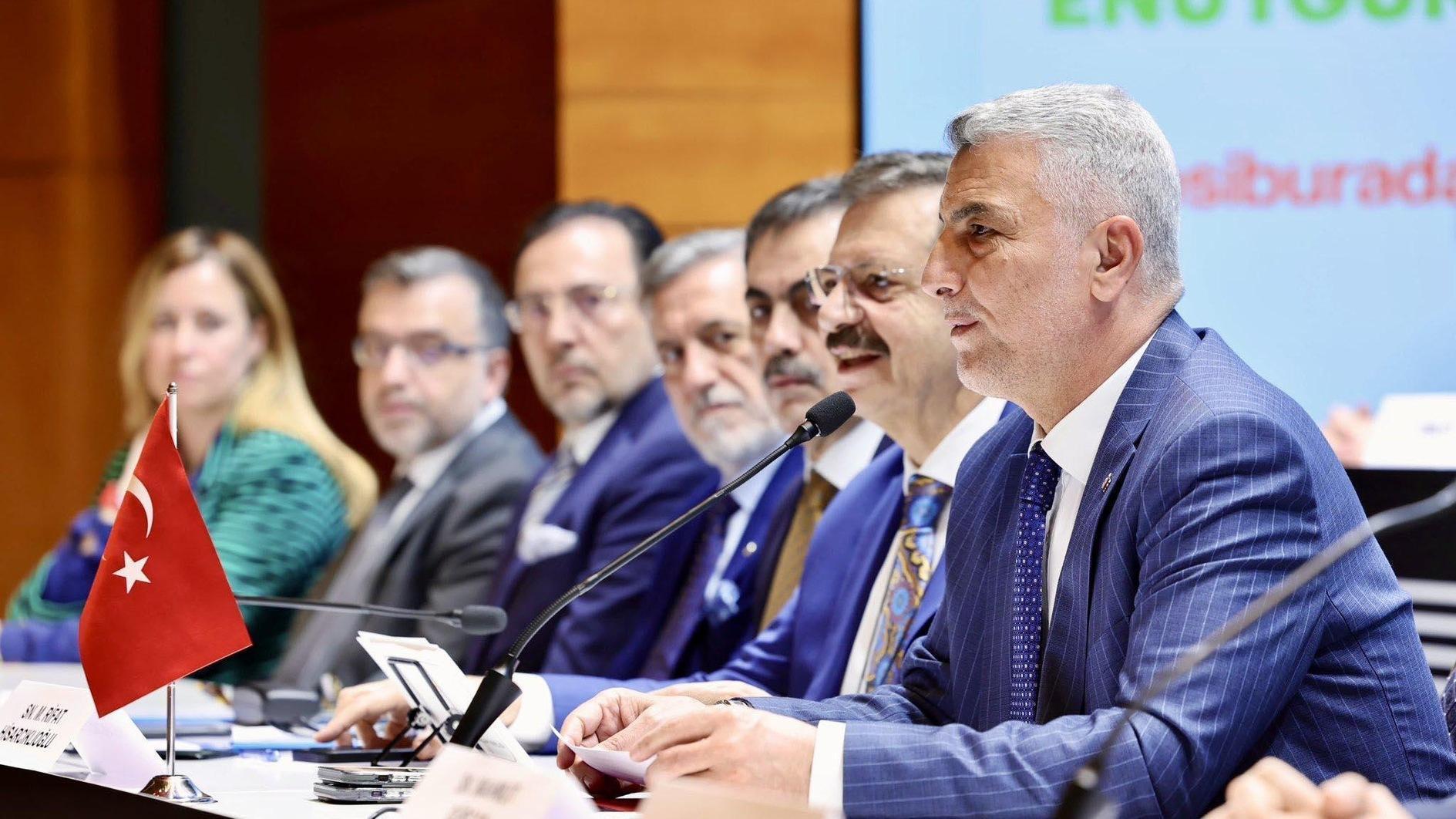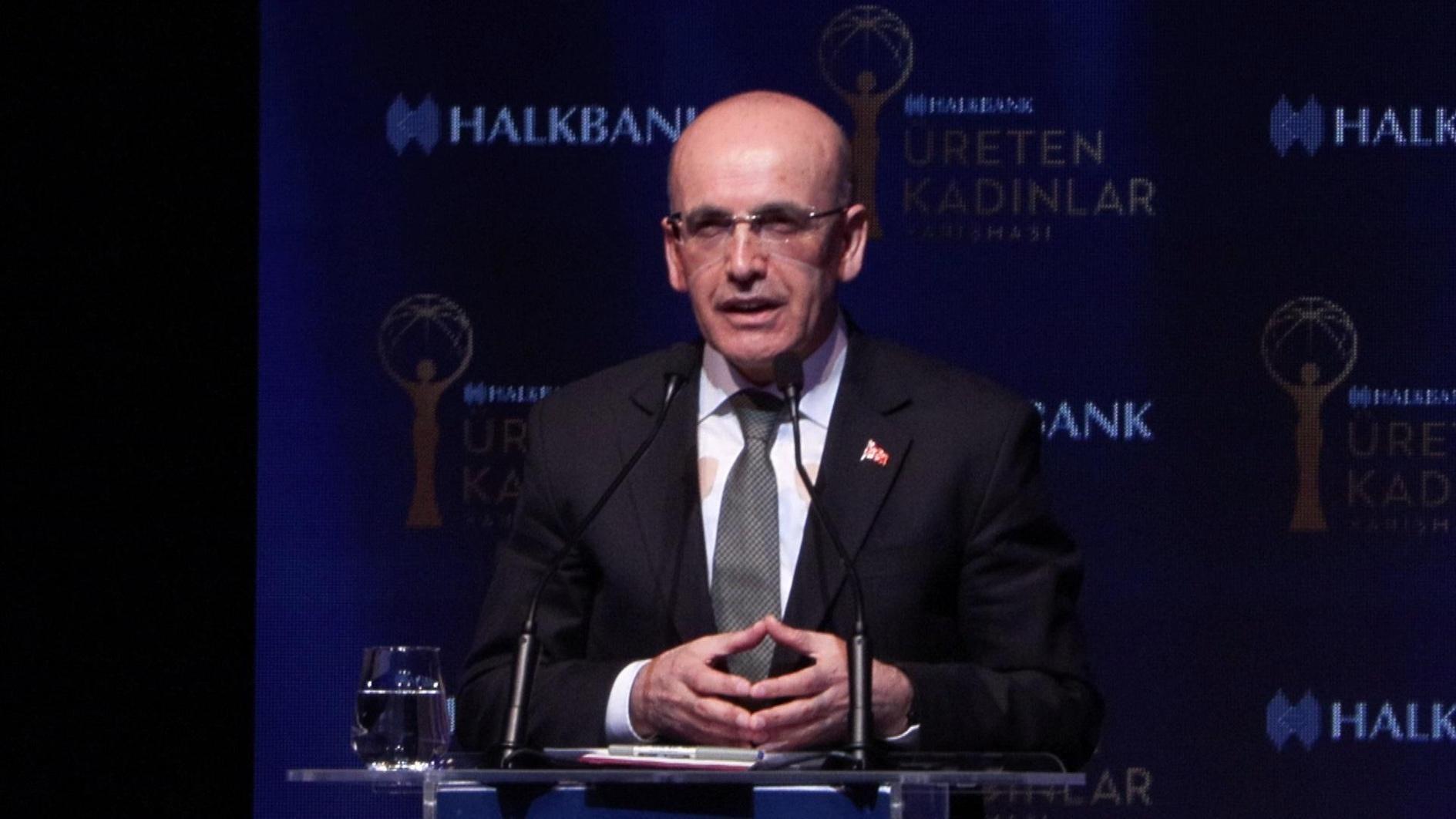Madame President
I listened very carefully to the speech of Zerrin Güngör, president of the Council of State (Danıştay). As in every long speech, there were both correct and questionable aspects.
I will focus on two topics in particular. The first is Güngör’s statement that with the new system introduced by the April 16 referendum, separation of powers had been strengthened. The second is that she said the state of emergency decrees were issued to “cleanse state institutions of terror network members” and “protect democracy.” She said no restrictions had been imposed against individuals’ rights and freedoms.
First of all, I find it strange that the head of a high court can issue such a certain statement on a topic about which debate is still ongoing, and on which according to official results 48.6 percent of the nation said “No” and 51.4 percent said “Yes.” Secondly, I regard her words on the decree laws as rather biased.
Of course, the new system is legally effective. But whether in has strengthened or weakened separation of powers is politically and legally questionable.
I would like to remind Güngör of the European Charter on the Statute for Judges. In this document, there is a provision that councils such as the Council of Judges and Prosecutors (HSK), which appoint judges, should absolutely be independent from the executive and the legislature. To enable this there is the provision that “at least one half of those who sit are judges elected by their peers.”
To prevent certain religious networks or political organs like the Justice Ministry from disrupting these elections, methods such as “one candidate one vote” is recommended.
This is not an ordinary legal document. It is a reference to the Constitutional Court and the European Court of Human Rights (ECHR). Despite this, according to our new system, six of the 13 members of the Council of Judges and Prosecutors (HSK) will be determined by the president, while one of them, the justice minister, will be the head of the HSK. The remaining seven members will be elected by another political organ, parliament.
Does this mean the separation of powers is strengthening?
France took the European Charter on the Statute for Judges, dated 1998, seriously and changed article 64 of its constitution. Its president became the head of the French HSK and the justice minister became the deputy, while they were both removed from the council. In France, whoever is the head of the Supreme Court of Appeals also heads the French HSK.
That is how you would strengthen the independence of the judiciary. In contrast, our Constitutional Court in 2014 cancelled the practice that the justice minister appoints bureaucrats to the HSK, on the grounds that it was against the principle of separation of powers.
The Venice Commission studied Turkey’s constitutional amendments and wrote that they would “place the independence of the judiciary in serious jeopardy.”
Of course, as Güngör said, the state of emergency decree laws are issued to cleanse “state institutions of members of the terror network.” If the commission for appeals against these laws, which the government has not formed for three months, is eventually formed, people will be able to take the decisions of the commission to the Supreme Court of Appeals.
Before seeing the cases, how can Güngür say confidently that the decree laws are restricting rights and freedoms? What’s more, is every person who has been dismissed a member of the terror network? Wasn’t constitutional law professor İbrahim Kaboğlu dismissed with this excuse? Haven’t his rights and freedoms been violated?
Does it not create the impression of bias when a member of the high court speaks like Güngör?
It is perfectly normal for views to differ, so long as the supremacy of the law is maintained.











